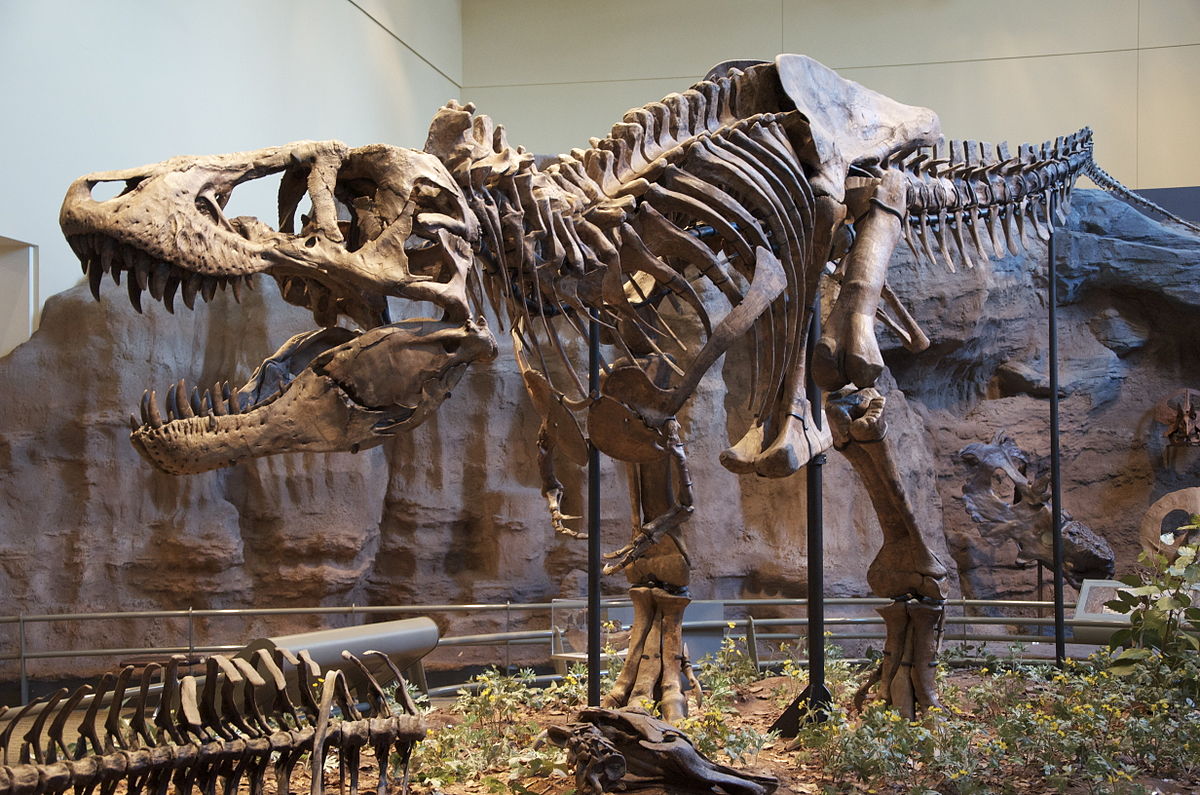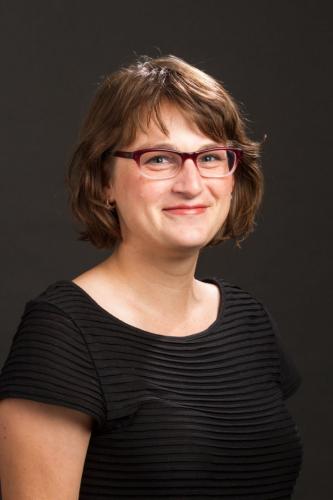HUMS 219, Biomedical Futures and Michael Crichton’s Monsters

Course Description:
The literal life-changing technologies that began to emerge after the Second World War–biotechnology to AI–raised profound questions of what it meant to be responsible for them. These questions animated the genre-bending creations of American blockbuster author-director-producer, Michael Crichton (1942-2008), which included the virus in The Andromeda Strain, the androids in Westworld, the velociraptors of Jurassic Park, and even the patients maimed by gunshot wounds in ER.
Crichton’s stories blurred the line between fact and fiction, even as they were embraced by Neo-conservative policy makers, helping to inaugurate our current post-truth era. His stories also often eclipsed the work of creators with alternative visions for science, including Octavia Butler, Margaret Atwood, and Ursula LeGuin. We will engage with a range of popular culture as well as key concepts from Science and Technology Studies, to consider how stories about science can be told which enable the flourishing of the broadest array of lives.
Led by:
 |
Professor Joanna Radin is an Associate Professor in the History of Science and Medicine. Her research examines the social and technical conditions of possibility for the systems of biomedicine and biotechnology that we live with today. She has particular interests in global histories of biology, ecology, medicine, technology, and anthropology since 1945; history and anthropology of life and death; biomedical technology and computing; feminist, indigenous, and queer STS; and science fiction. She is the author of Life on Ice: A History of New Uses for Cold Blood (Chicago 2017), the first history of the low-temperature biobank and and co-editor, with Emma Kowal of Cyropolitics: Frozen Life in a Melting World (MIT 2017), which considers the technics and ethics of freezing across the life and environmental sciences. |